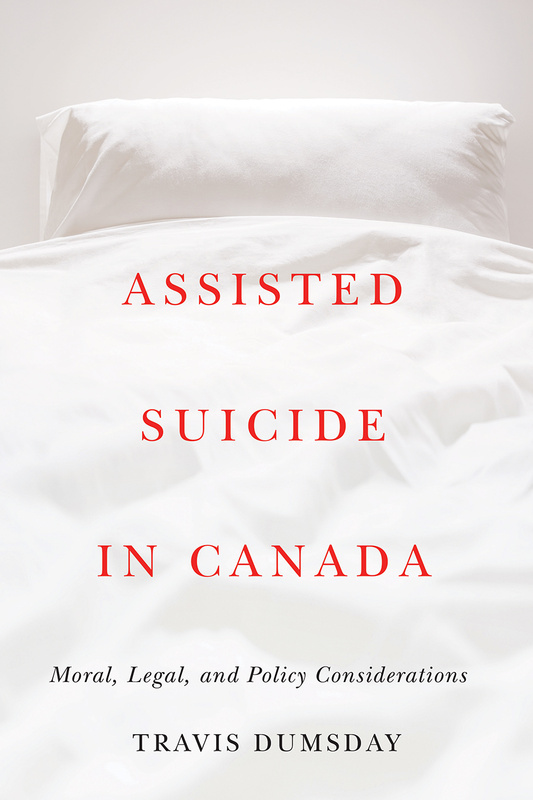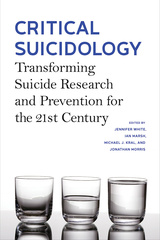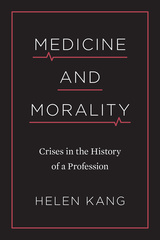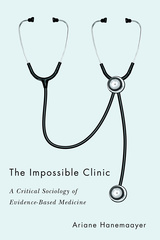Our shopping cart is currently down. To place an order, please contact our distributor, UTP Distribution, directly at utpbooks@utpress.utoronto.ca.
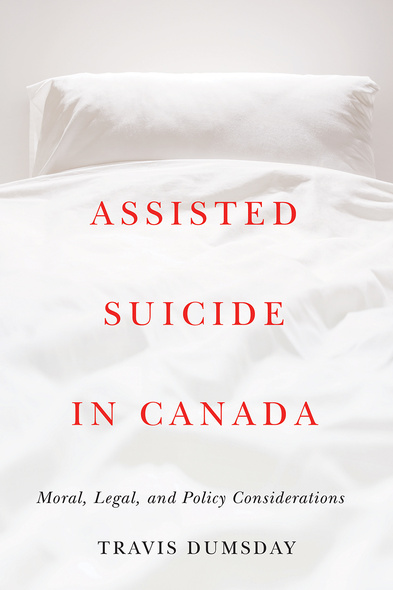
In 2015, the Supreme Court of Canada struck down the criminal laws prohibiting assisted suicide and voluntary active euthanasia. Parliament then implemented this ruling on medical assistance in dying (MAID) via Bill C-14, enshrining it in law. Yet debate on this controversial subject has continued.
Assisted Suicide in Canada delves into key federal and provincial court rulings on MAID from 1993 to 2015 and explains subsequent legislative history. Travis Dumsday engages in an accessible yet nuanced exploration of the most significant ethical arguments – pro and con – and unravels the related legal and policy disputes. He delves into key federal and provincial court rulings on MAID from 1993 to 2015 and explains subsequent legislative history. Thorny issues such as freedom of conscience for health care professionals, public funding for MAID, and proposed extensions of eligibility are dealt with thoughtfully and clearly.
The legalization of MAID will affect the lives, deaths, and attitudes of Canadians for generations to come. Assisted Suicide in Canada offers a balanced, up-to-date introduction to the topic, providing readers with the tools to think through fundamental legal, ethical, and policy issues surrounding assisted dying.
Students and scholars of bioethics, legal ethics, medicine, and political science will find this thoughtful work invaluable, as will readers engaged with the ongoing debates and ethical issues surrounding MAID.
Adding an often-unheard voice, Assisted Suicide in Canada gives an excellent presentation of the history and argument of Carter v Canada.
Travis Dumsday has given a fair-minded account even of arguments that he is countering. His book will inform and promote informed public debate about a contentious issue.
Travis Dumsday is an associate professor in the Department of Philosophy and Religious Studies at Concordia University of Edmonton and held the Canada Research Chair in Theology and the Philosophy of Science from 2015 to 2020. He is the author of Dispositionalism and the Metaphysics of Science, as well as dozens of articles and anthology chapters in philosophy of science, applied ethics, mediaeval philosophy, and Eastern Orthodox theology.
Introduction
1 An Overview of Carter v Canada
2 Developments in Law and Policy since the Ruling
3 Background to the Moral Debate over MAID
4 Moral Arguments for and against MAID
5 Invoking the Notwithstanding Clause
6 The Ethics of Public Funding for MAID
7 Freedom of Conscience for Health-Care Providers
8 Additional Legal and Policy Issues
Conclusion
Glossary; Notes; References; Index

